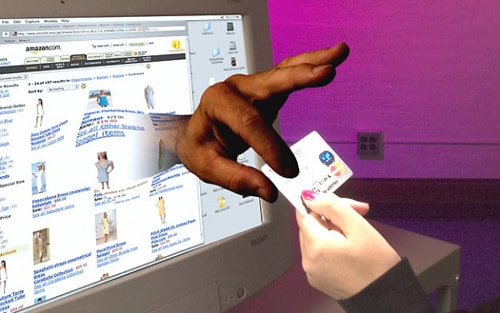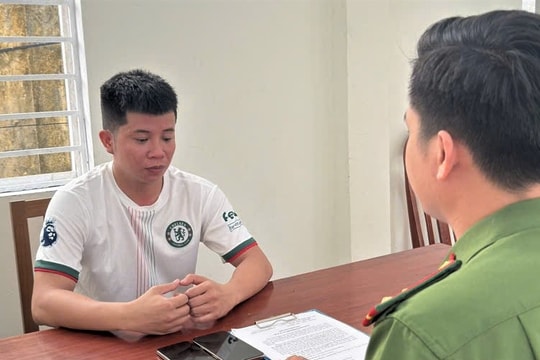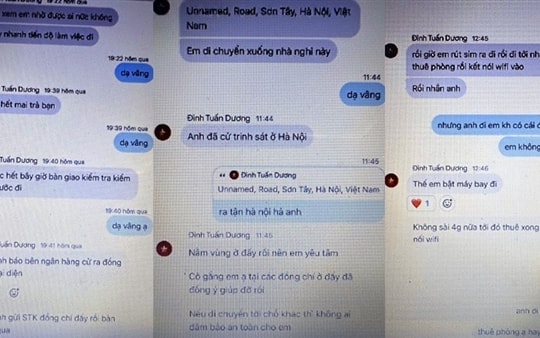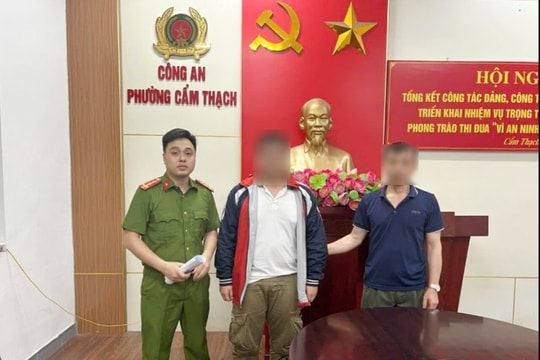Warning of email spoofing to trick businesses in commerce
By impersonating the email of the trading partner, the scammer asked the Vietnamese business to transfer money for the purchase to their personal account.
The Vietnam Trade Office in Türkiye said that recently it has received a case of a Vietnamese enterprise being defrauded by scammers during transactions with partners in the local market.
By impersonating the email of a Turkish company, the scammer asked the Vietnamese export company to transfer money for the purchase of goods to his personal account. Immediately after the Vietnamese company transferred the money, the scammer went to the bank and withdrew the entire amount.
Currently, the Vietnamese Trade Office in Türkiye is advising businesses on both sides to handle and find ways to recover the misappropriated money, but this is also a lesson for other Vietnamese businesses about information security when working with foreign partners.
 |
| Email scams are still used by many scammers. (Illustration: KT) |
In recent years, fraudulent methods in commerce, especially in e-commerce, have become more sophisticated. Many forms include using hackers to infiltrate the email addresses of two businesses in transactions to steal information, and falsifying transaction content to request payment transfers to the scammer's account.
Fraudsters take advantage of the carelessness of Vietnamese businesses in transactions such as not verifying information about partner businesses, not using other direct communication methods such as phone or fax to verify information about the account receiving money when it is different from the account stated in the signed contract, and even taking advantage of difficulties in language and transaction time.
To limit similar unfortunate incidents in the future, when dealing with foreign partners, Vietnamese businesses should use the company's official email instead of using free services from gmail, yahoo... to avoid being faked or having similar emails. You should proactively ask your partner to use the official email in case the partner provides email from the above free services.
In email transactions, businesses must pay special attention to the recipient's address, especially when sending important information of the transaction such as a copy of the delivery documents and the account to receive money via wire transfer. Besides email communication, businesses also need to have direct contact with partners through other channels such as official phone or fax, especially when the partner requests payment to an account other than the account stated in the signed contract.
Enterprises should contact Vietnamese representative agencies such as the Trade Office in the host country to verify the reliability of partners, especially enterprises that do not have direct contact or can find them via the internet./.
According to VOV







.jpg)
